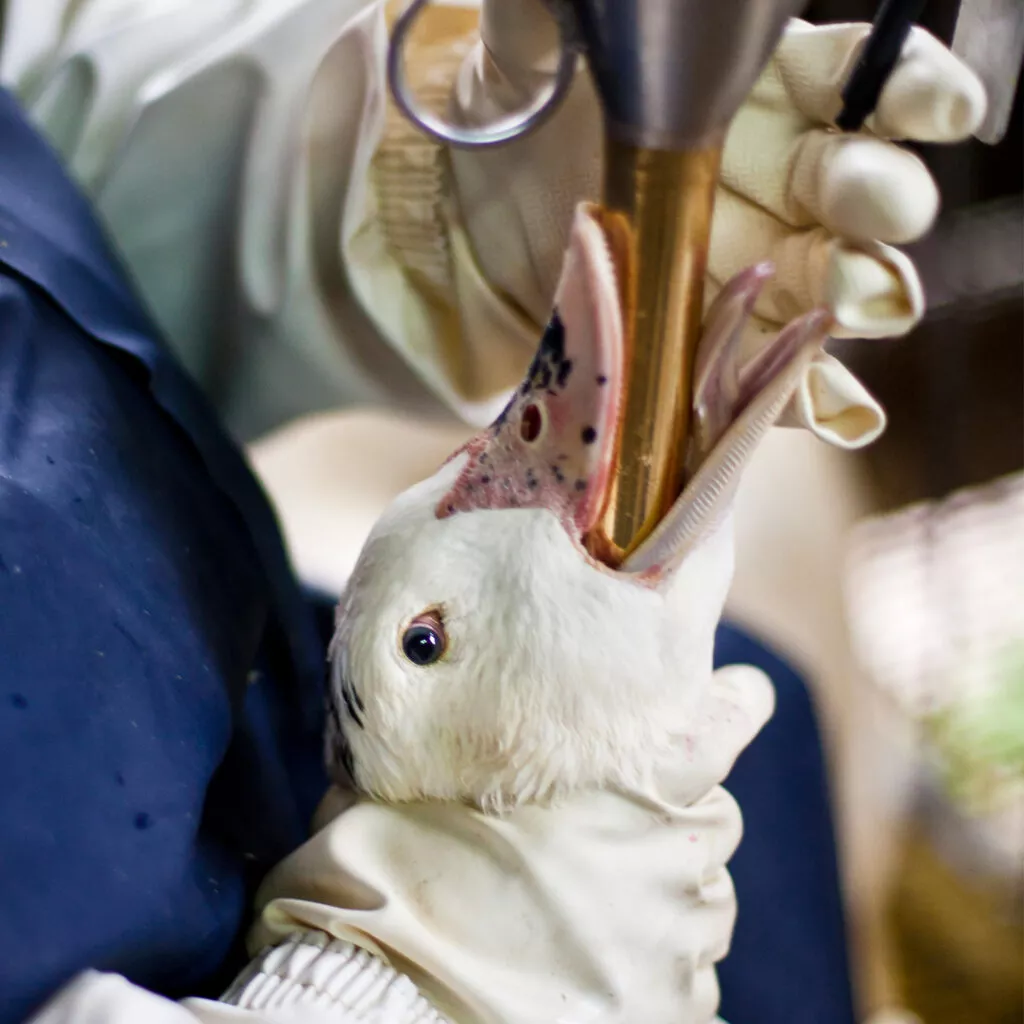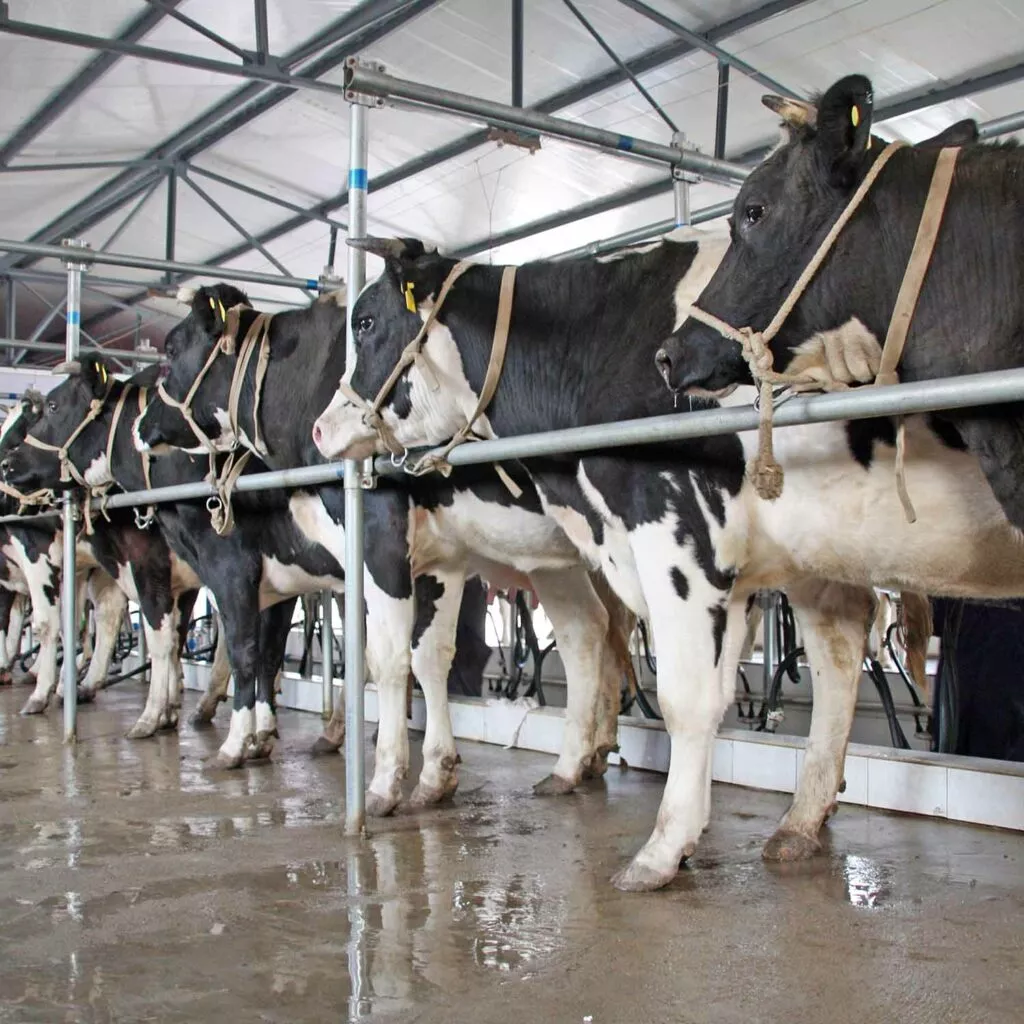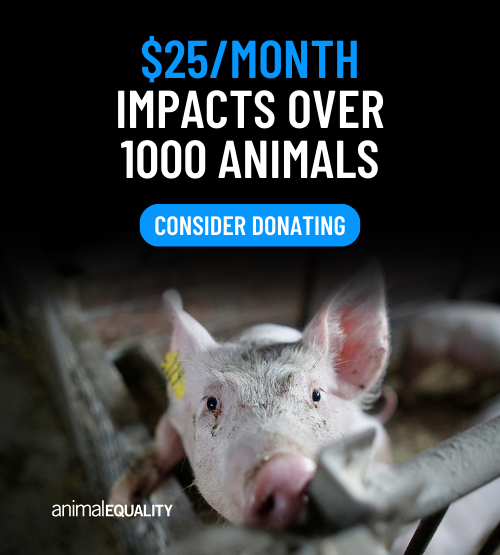
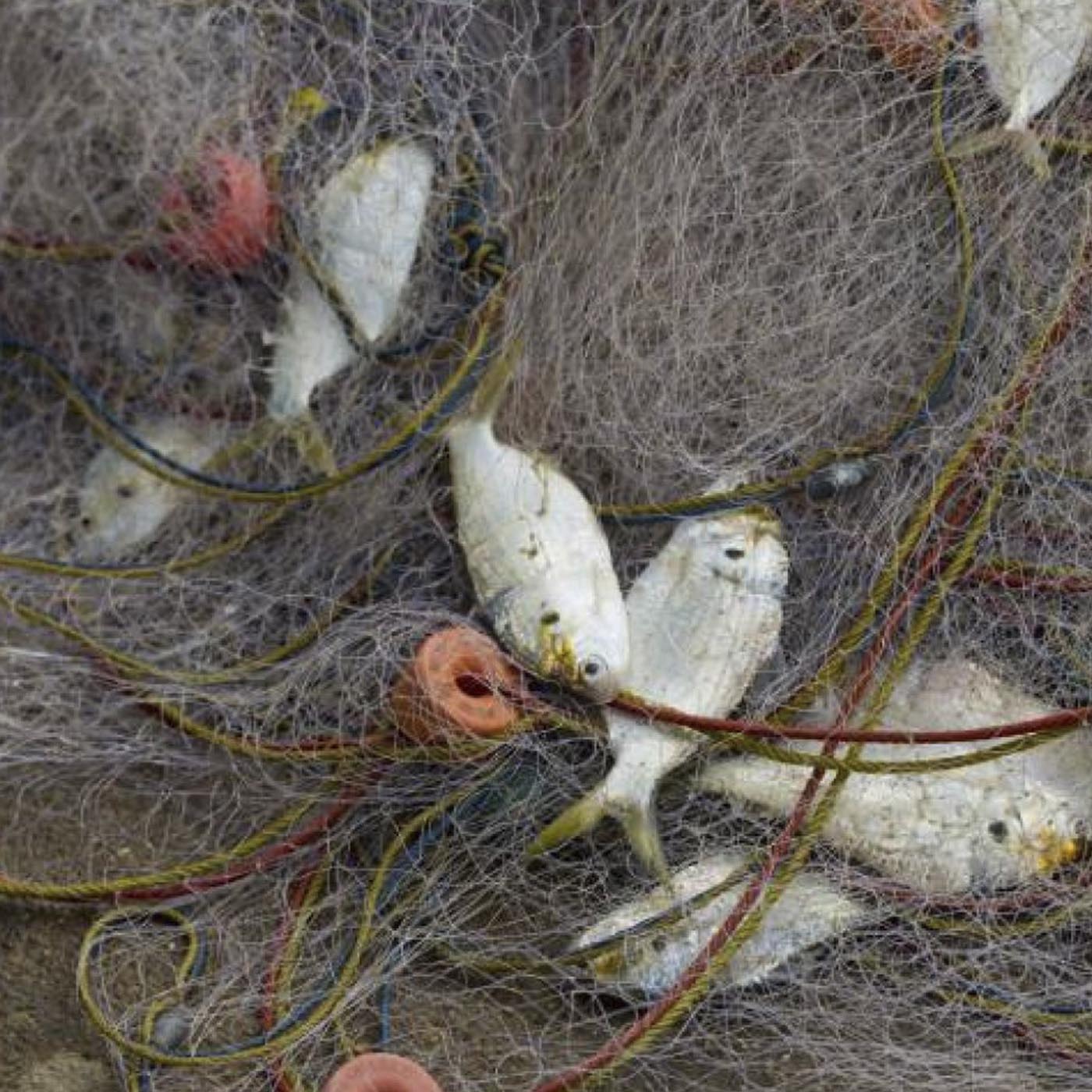
Shocking Facts About Fishing That You Need to Know
Since fishing occurs typically out at sea, it’s easy to distance ourselves from the problem – out of sight, out of mind. However, the truth is that fishing impacts all of us. Here are three shocking facts about the fishing industry.
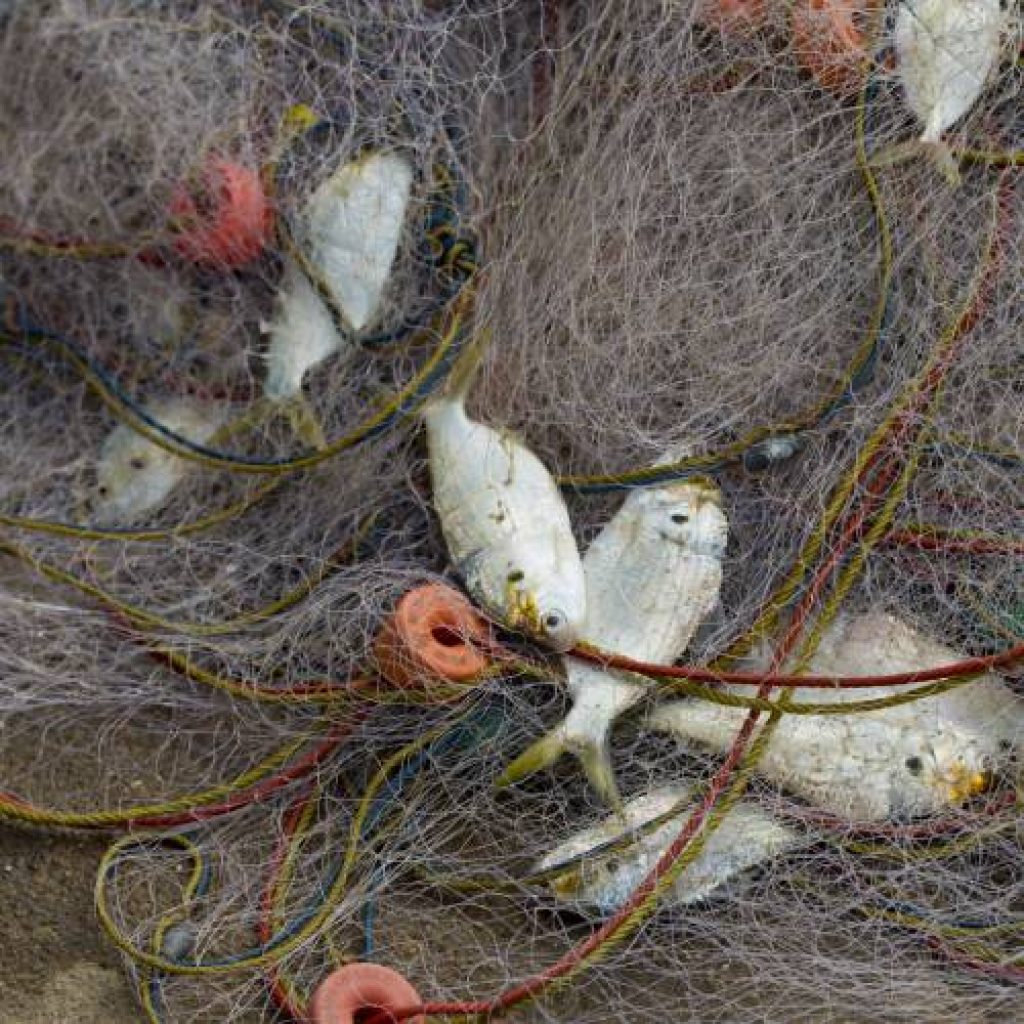

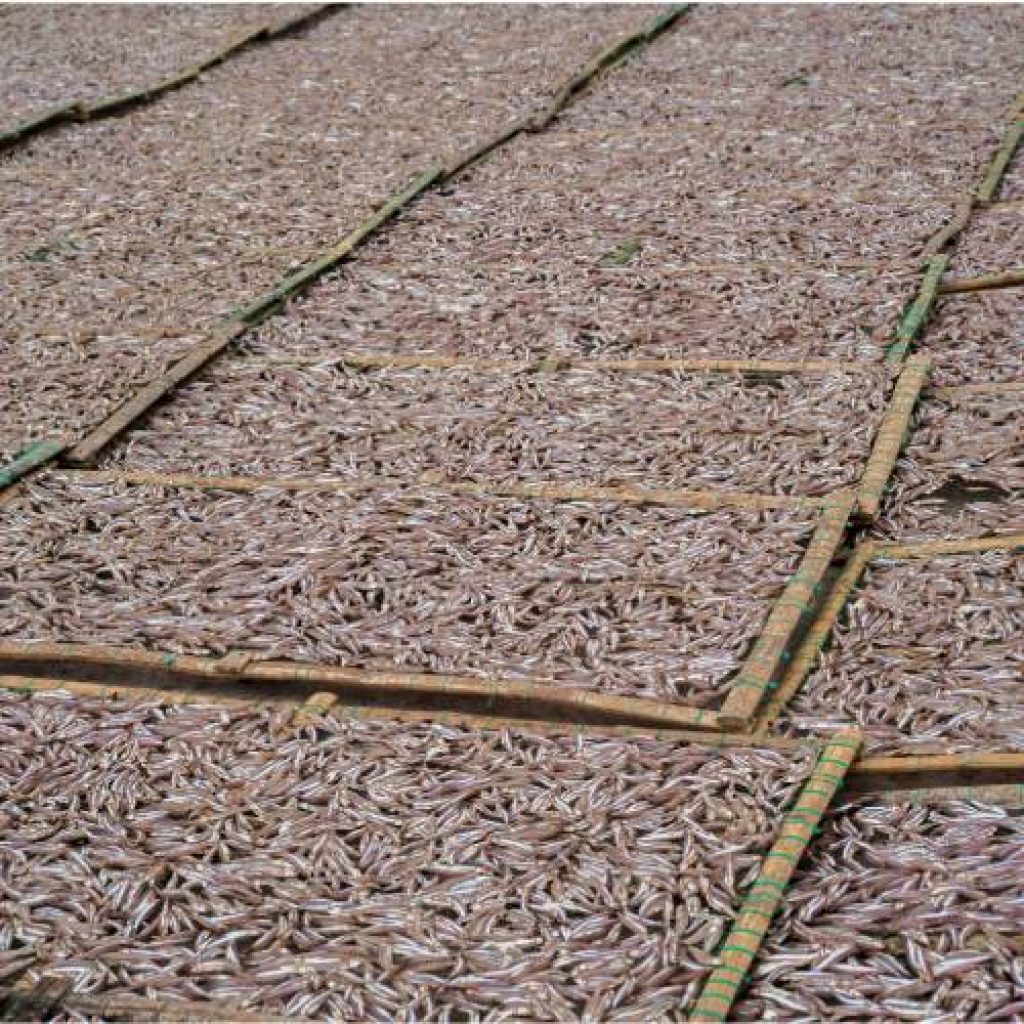
1. 20-percent of fish come from illegal fisheries.
Up to one in five internationally traded fishes come from illegal fishing. Protected species are also fished en masse and end up on our plates. In addition to animal suffering, there is the exploitation of people: people living in poverty are lured into illegal fishing with false promises, and once they’re on board, there is no going back. Former workers report how entire teams were enslaved and forced to work without wages. Abuse, beatings and work until complete exhaustion are commonplace on such ships. Workers in these situations get very little sleep and some of them are still children. In addition, illegal fishing causes extreme damage to the ocean, as environmental regulations are typically not followed.
2. The fishing industry pollutes the oceans.
10 percent of the world’s plastic waste in the ocean comes from so-called “ghost nets,” nets lost or abandoned at sea. This lost fishing gear decomposes very slowly and can remain in the oceans for several centuries. Countless sea animals get caught in the nets and die in agony from starvation or suffocation. Once the fishing gear has shrunk, small pieces of it are ingested by fish, marine mammals and birds, causing many of the animals to get sick and die. The plastic even eventually gets into the systems of humans who eat fish. Marine ecosystems are extremely damaged by the garbage from fishing, which in turn has a major impact on our environment and the climate.
3. Fishless oceans are a real possibility.
In commercial fishing, huge nets don’t discriminate – they capture everything in their path. This creates incredible amounts of so-called “by-catch,” marine animals who were not the actual “catch target” and are therefore thrown overboard dead or injured. Aquaculture, also known as “fish farms” where tens of thousands of fish are held together in overfilled tanks or sea pens, also contribute to the overfishing problem. This is because the majority of fish raised on fish farms eat smaller species. These smaller fish are still caught via commercial fishing and fed to the farmed fish. For every 2 pounds of farmed fish, up to ten pounds of wild marine animals are caught. If we continue our excessive consumption of fish at the current rate, experts predict we will see fishless oceans by the year 2048. This is important because the ocean plays a big part in regulating temperature—it also creates fifty percent of our oxygen on Earth.
Act Now To Help Fish & The Planet:
Fishing exploits the underwater world and is an industry based on the cruel mass killing of innocent living things. In addition, fishing greatly contributes to the destruction of our only home! In order for conditions within the industry to improve, our voices need to be heard. Fish are capable of feeling pain and emotions in the same capacity as other animals, and they deserve protection and respect. Use your purchasing power and say NO to eating fish, and switch to healthier, plant-based alternatives. The fish and the planet will thank you.
LEARN MORE ABOUT THE SUFFERING OF FISH
Sign our petition calling for an end to factory farming!
Sources:
German Bundestag (03/10/2020): “Environmental impact of ghost nets”,
FAO: “GLOBEFISH – Information and Analysis on World Fish Trade”
Press Portal (05/14/2020): “ Death in the fishing net: How a strictly protected whale is brought to extinction”
Spiegel (28.02.2020): “Data analysis shows controversial reloading maneuvers on the high seas”

